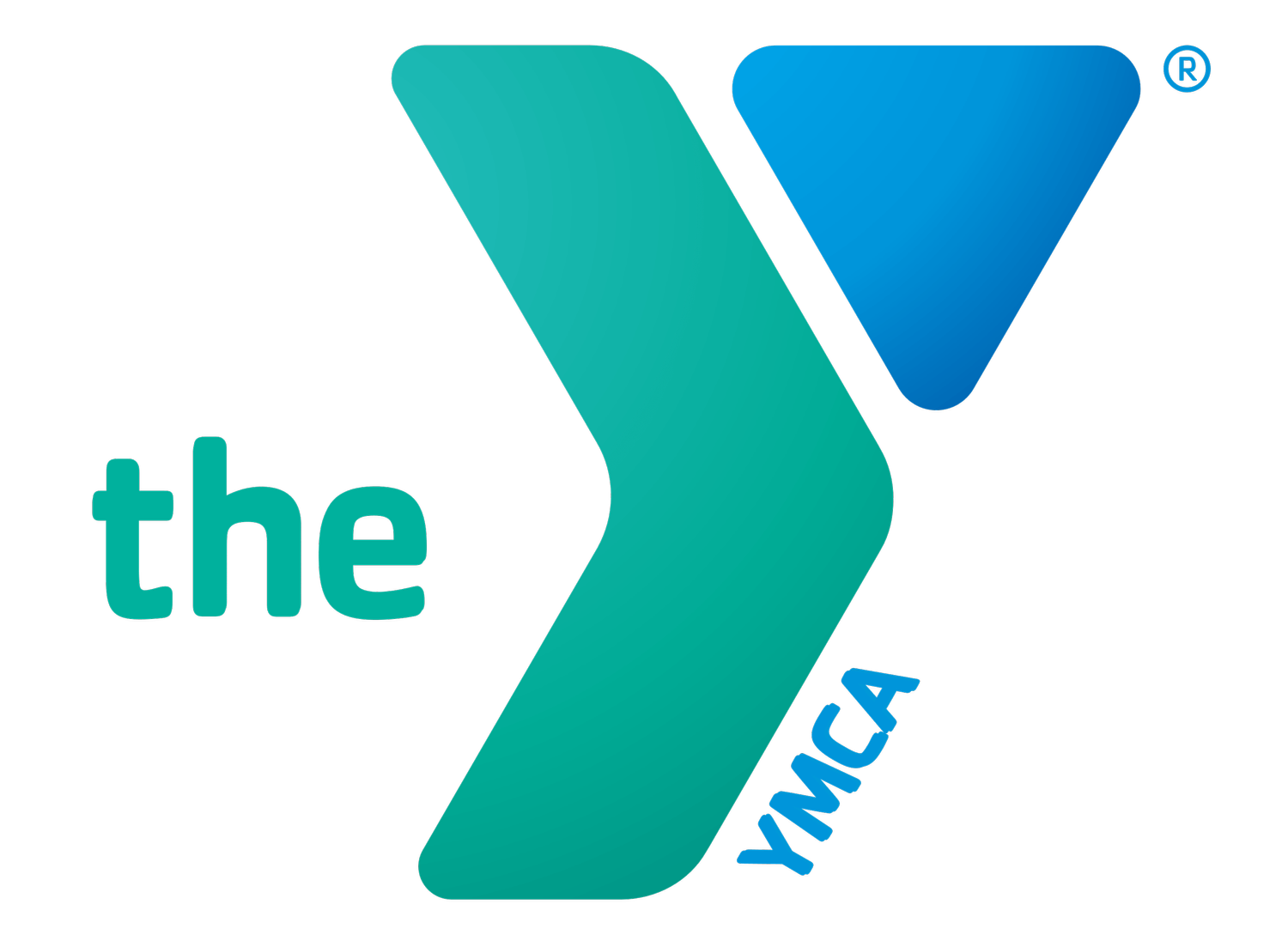PACC: Self-Care and Routines
The Importance of Morning and Night Routines at Camp Greenville
Camp is an exciting and immersive experience for children, offering them the chance to explore nature, build friendships, and develop independence. To ensure campers have a smooth, enjoyable experience, practicing structured morning and nighttime routines are essential. These routines help set a positive tone for the day and provide a calming transition to bedtime. Here’s some ideas on how to create effective routines that foster fun, organization, and well-being at camp.
The Importance of Morning and Night Routines at Camp Greenville
Camper Quest!
By completing 2 out of 3 Quests in February, campers earn a friendship bracelet.
With the help of an adult, fill out this printable habit tracker with at least 3 new steps in your routine!
Place this list next to your bed or in the bathroom, and follow the list morning and night for at least one full week.
Camp is an exciting and immersive experience for children, offering them the chance to explore nature, build friendships, and develop independence. To ensure campers have a smooth, enjoyable experience, practicing structured morning and nighttime routines are essential. These routines help set a positive tone for the day and provide a calming transition to bedtime. Here’s some ideas on how to create effective routines that foster fun, organization, and well-being at camp.
Morning Routine: Starting the Day Right
Wake-Up & Personal Hygiene: A structured wake-up time helps campers ease into the day. Playing uplifting music, using gentle wake-up calls, or engaging in a short stretch routine help campers shake off grogginess. Encouraging good hygiene habits, such as brushing teeth, washing up, and changing into fresh clothes, fosters responsibility.
At camp, cabins usually wake up 45 minutes to an hour before breakfast time. In this time, campers can get ready for the day by changing into their clothes, brushing their teeth and hair, and get prepared for what a day at camp may hold. Our cabin leaders are also a big part of routines because they help campers stay on track when getting ready for the day.
Cabin Clean-Up: Designating a few minutes for tidying up bunks and personal spaces promotes teamwork and organization. It also encourages building accountability among cabin mates.
A good way to implement this at home is to add simple responsibilities to your camper’s routine. This can start as a weekly task and then turn into daily tasks. An example of this could include making the bed every day, wiping down counters, or sweeping.
Energize: At camp, we meet at the flagpole in front of the dining hall before every meal. This time is called “parade ground”. This is an opportunity for everyone to meet and start the day/ meal with camp spirit. An average parade ground includes singing songs and cabin chants. This serves as a good way to set the tone for the day and create excitement among campers.
While singing songs and chanting may not be an easy translation at home, you can do start the day with a “pump up song” or something that gets your camper get excited for the day.
Nighttime Routine: Winding Down for Restful Sleep
Personal Hygiene and Pajama Time: Encouraging nighttime hygiene habits, such as brushing teeth and showering, reinforces self-care and sets the stage for a restful sleep.
Each night at camp we offer an evening program and afterwards, campers will return to their cabin to do their nighttime routine. An average nighttime routine consists of going to the health hut for bedtime medications (if needed), shower time, changing into pajamas, setting clothes out for the next day, vespers, and then lights out.
“Vespers” or Daily Reflection: After an exciting day, engaging in relaxing activities such as a daily reflection helps campers transition to bedtime. This is called “vespers” at camp. These activities allow them to share experiences and process emotions.
A common example of vespers that we do at camp would be having your camper share their “high, low, and ha” of the day. This includes the best part of their day (high), the hardest part of their day (low), and the funniest part of their day (ha).
The Power of Routine at Camp
Establishing structured yet flexible morning and nighttime routines enhances the camp experience by promoting well-being, fostering independence, and ensuring a smooth daily flow. By balancing excitement with rest, campers can make the most of their time while developing habits that contribute to their growth and happiness.
Using a Habit Tracker for Small Steps
Creating routines doesn’t have to be overwhelming. Small, manageable steps can make a big difference, and using a habit tracker is a great way to build consistency. A simple habit tracker, like the one attached to this blog, can help campers monitor progress in key areas such as personal hygiene, clean-up, and lights-out routines. By checking off small accomplishments each day, campers can feel a sense of achievement and motivation to stick to their routines.
For previous PACC resources and packing tips & tricks, CLICK HERE!
We’re here to help! If you have any questions about the topics above, please reach out to Katy Harvill via email.


